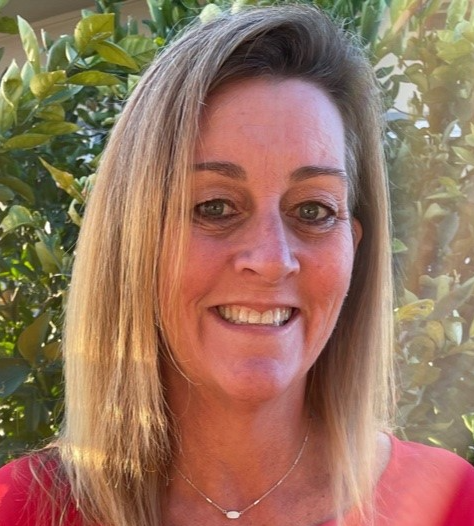
Between the Census, a tumultuous presidential election and a new administration in the White House, 2020 and 2021 are important years in history for civic events. With many students still learning from home due to the pandemic, teachers may be wondering how to appropriately facilitate discussions about politics – especially those that may feel uncomfortable, like the insurrection that took place at the Capitol on January 6.
Education Week put into context the challenges in place for teachers saying, “It takes longer to form a classroom community in virtual classes – [but] it’s even more important. All the natural [aspects] of community [..] can’t happen as easily virtually.”
Given these unusual circumstances, it’s critical that educators are set up for success. In this post, I’m covering how to use computational thinking resources to facilitate classroom discussions about political topics.
Building a movement
Technology, and specifically social media, have had a significant impact on civic engagement.
According to the Pew Research Center, 64 percent of Americans say social media has a mostly negative effect on the way things are going in the U.S. today. In particular, people are concerned about misinformation and the hate and harassment they see on various social media channels.
We live in a time where we’re able to access and share data with the click of a button, facilitate discussions about topics that are important to us, and participate in democratic processes in person or online.
How does this connect to students?
Social media and “viral” posts are relevant to most students’ lives. Consider how social media platforms use analytics to determine what shows up in your feed, or how search engines use proprietary analytics to determine what results we see first.
The ability to reach millions of people across the world with ease is a relatively new phenomenon that experts are studying to determine which psychological factors make content go viral – especially among more vulnerable populations like children.
With this in mind, it’s become increasingly important that teachers are able to discuss social media and how it connects across subject areas, including civics.
How does this connect to careers?
- Economists use data analysis to solve problems related to the flow of resources.
- Marketing experts use analytics to determine the best way to sell their companies’ products to consumers.
- Software engineers use data to find trends and patterns in how people use computers and the internet, particularly on a large scale.
How does this connect to our world?
The more information we put out about ourselves and even interact with online, particularly on social media sites, the more data becomes available. Sometimes, this has a beneficial effect on society. In other cases, this has led to concerns about privacy and the use of targeted ads or even search browser history. This is particularly relevant to students’ lives in their own social media posts. Determining what they want to make public or keep private is a vital evaluation today’s students will have to make continually throughout their lives. Additionally, students can focus their understanding of “virality” in social media to identify and put a stop to cyberbullying among their peers.
More from DA
Every vote matters
Given the intense discussion around voting in the recent Presidential election, the topic is especially relevant today. Students need opportunities to explore and understand the basic principles of various political systems, and the important role that voting plays in fashioning our democracy.
How does this connect to students?
Our personal lives are strongly impacted by the form of government under which we live. How important is the level of freedom each of us enjoys? How important is it that our system of government be as fair as possible? Are we satisfied with the current level of freedom and equality in our nation?
How does this connect to careers?
- Political Scientists study the origin, development, and operation of political systems. They research political ideas and analyze governments, policies, political trends, and related issues.
- Legislators develop, introduce, or enact laws and statutes at the local, tribal, state, or federal level.
- Sociologists study society and social behavior by examining the groups, cultures, organizations, social institutions, and processes that develop when people interact and work together.
- Statisticians use statistical methods to collect and analyze data and to help solve real world problems in business, engineering, healthcare, and other fields.
How does this connect to our world?
If we wanted to initiate and pursue change in our government system, how would we do it? Does modern technology influence what system of government is possible or best? Should technology be allowed to influence it? Open the discussion with students regarding how technology might be utilized to make direct democracy more practicable in nations with millions of citizens, and the impact of social media on politics.
Making real-world connections
Educators understand the value and importance of helping students make real-world connections in the classroom. Through accessible curriculum and resources, we can ensure every student has the opportunity to gain valuable skills like computational thinking.
Dana Johnston is an Instructional Specialist at West Orange Elementary School in the Orange Unified School District in Orange, CA. She holds a BS in Sociology from University of Colorado, Boulder a teaching credential and MS in Multi-Cultural Education from National University as well as an Administration Credential from University of California, Irvine. She has been at West Orange Elementary for 23 years. She has taught K, 1, 4 and 5th grades. She has been an instructional coach for 7 years. She is passionate about providing quality education to Title 1 schools as well as incorporating meaningful technology and STEAM into the curriculum at all grade levels.









